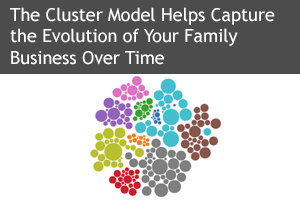David Bork Writes Forward for MAPS for Men Book, a Must-Have Resource for any Family Business
 David Bork is proud to have contributed the forward for the book, MAPS for Men: A Guide for Fathers and Sons and Family Businesses.
David Bork is proud to have contributed the forward for the book, MAPS for Men: A Guide for Fathers and Sons and Family Businesses.
New York Times best-selling author and nationally syndicated radio show host Dave Ramsey calls this important book “a must-have resource for any and every family business.”
In his forward for MAPS for Men, David Bork, founder and CEO of Family Business Matters, writes: “These concepts help fathers and sons reframe their relationship into something that is more meaningful and helpful in meeting their goals, rather than repeating generational patterns.“
David recommends this book to fathers and sons seeking to better understand their personal and professional relationship.
Full text of MAPS for Men Forward by David Bork
In the interest of full disclosure, Edgell Franklin Pyles has been a good friend for more than twenty-five years, and we share a large community of interests. In the early 90s, we explored together the works of Robert Moore, James Millman, Robert Bly, and others. I met both Robert Moore and Robert Bly at a retreat in Aspen, Colorado, organized and sponsored by Edgell.
This was called the men’s movement, and we were excited about it because it sought to further define what it meant to be a man at the end of the twentieth century. It was grounded in Jungian psychology, and while well researched and articulated, it could be theoretical and esoteric. Our explorations of this work produced a practical approach and we have been on parallel, but different, paths.
We were interested in understanding the dynamics that take place between fathers and sons at both the personal and professional level. Our first step was to comprehend and appreciate the relationship we had with our […]











 Nepotism is the practice of showing favoritism toward one’s family members or friends in economic or employment terms, for example, granting jobs to friends and relatives, without regard to merit. Such practices can and do have damaging effects on businesses. They can erode the support of other employees, reduce the quality and creativity of management and diminish the importance of competence and high-level performance.
Nepotism is the practice of showing favoritism toward one’s family members or friends in economic or employment terms, for example, granting jobs to friends and relatives, without regard to merit. Such practices can and do have damaging effects on businesses. They can erode the support of other employees, reduce the quality and creativity of management and diminish the importance of competence and high-level performance.